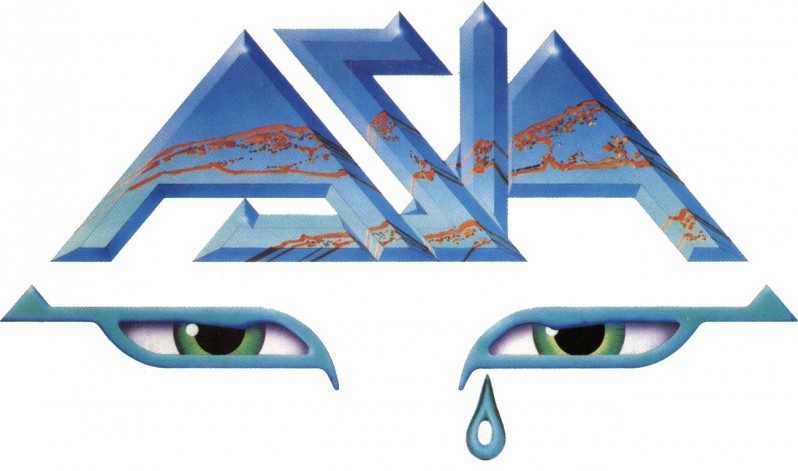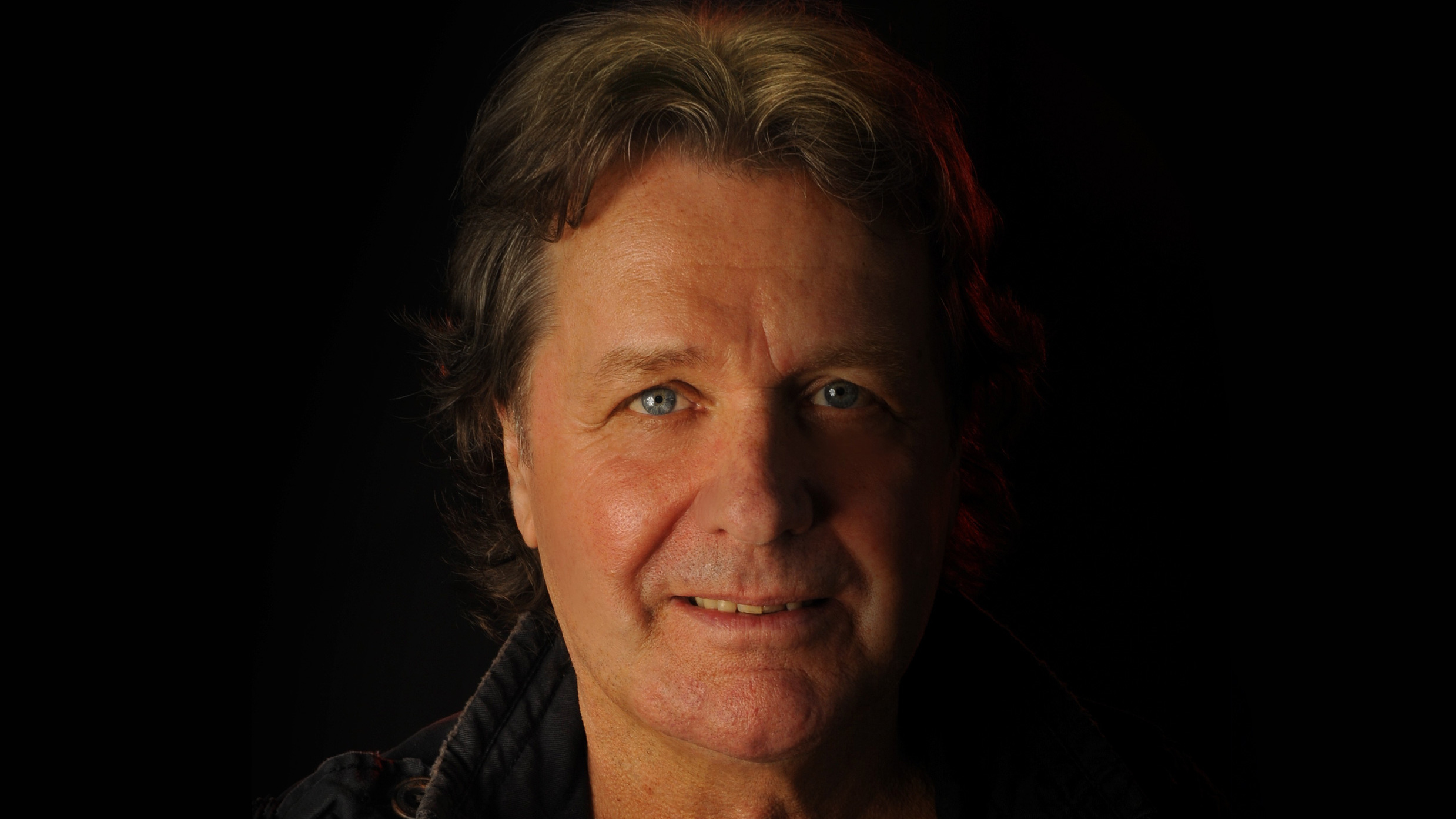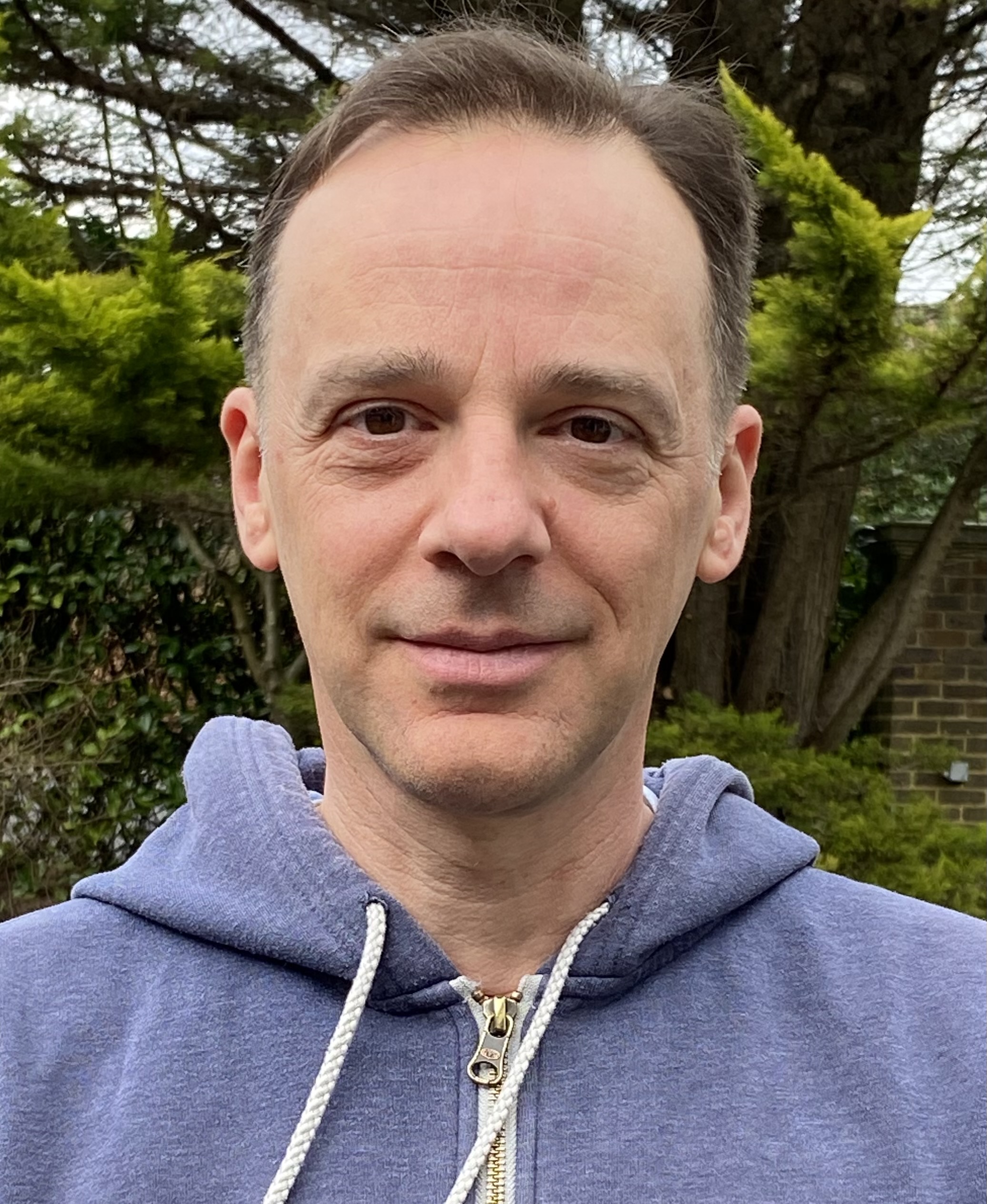I suspect that most of us can point clearly to one artist who got us into music. For me, it was Asia who represented my introduction to the wonderful world of progressive rock music. Way back in 1983, as a naïve 13 year old my musical interests ventured no further than the fairly anodyne pop music of the day. That was until a friend of my parents took my musical education upon himself. To ease me in gently he played me the second Asia album, that year’s Alpha.
Before hearing a note of the music I was intrigued by Roger Dean’s gorgeous cover – this indeed was a stark contrast to the Thompson Twins’ artwork. But when the needle dropped on side one (in old money) and the opening bars of Don’t Cry rang out, I was immediately captivated. Over the following months I played Alpha over and over again, beguiled by the combination of its immediacy on the one hand but depth on the other. Those songs were immediately memorable and readily digestible, but equally contained so many details to give the music staying power, courtesy the virtuoso musicianship of vocalist/bassist John Wetton and his cohorts keyboardist Geoff Downes, guitarist Steve Howe and drummer Carl Palmer.
But of course Alpha was just my starting point, albeit one to which I have returned hundreds of times over the last three plus decades. In terms of commercial success Alpha had been overshadowed by its predecessor. Asia’s eponymous debut album had been released the previous year and sat imperiously at the top of the American album charts for nine weeks in 1982.
Having hooked me on Asia, my parents’ friend then introduced me to the full extent of his record collection, which ran the full gamut of progressive rock from Asia to Zappa, containing all the greats such as Genesis, Pink Floyd, Jethro Tull et al. But to start off with it was the members of Asia whose previous careers I diligently – obsessively - explored. Inevitably that took me into the back catalogues of Emerson Lake & Palmer and Yes.

However having identified John Wetton as the key creative driving force behind Asia, my focus was on what he’d done before. On hearing his albums with King Crimson I was in for a shock. But while his work alongside Robert Fripp was so radically different from Asia’s polished, radio friendly material, I swiftly gained an appreciation that John was a musician of great depth and diversity. Similarly hearing the music of UK, in which John took a sharp left turn stylistically with keyboardist/violinist Eddie Jobson, drummer Bill Bruford and guitarist Allan Holdsworth, was another delight.
The Wetton back catalogue is extraordinarily varied from the challenging über progressive tones of King Crimson at one extreme to some of the almost folky material of some of his solo albums, passing all points in between, including the consummate AOR of his hugely underrated Battle Lines album. Wetton could play as part of a crack team within Crimson, UK and Asia but also proved an adaptable collaborator with artists as unlikely as Renaissance, Roxy Music’s Phil Manzanera and Japanese rockers Vow Wow.
25 years ago sheer love of the music was the catalyst for me to start writing for a small music magazine and subsequently for Prog and Classic Rock. They say you should never meet your heroes but John was a strong exception to prove that rule and I feel privileged that over the years I met him on a number of occasions, sometimes for the purposes of writing an interview or some sleeve notes, sometimes more socially. I never told him what a thrill it was to have got to know him and how much of an impact his work had made on me. I wish I had.
John’s death robs the music world of another great artist and pioneer. More personally over 30 years later after encountering Alpha for the first time I still revel in new albums by established artists, discovering new talent and attending live shows. For that I have the singular talent of John Wetton to thank.

